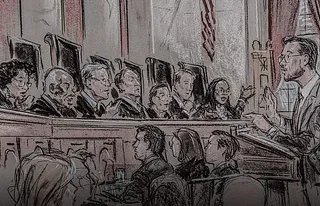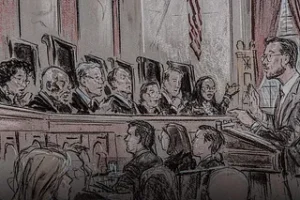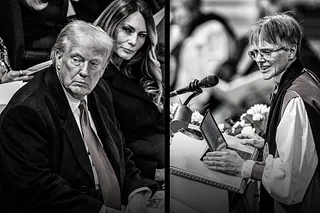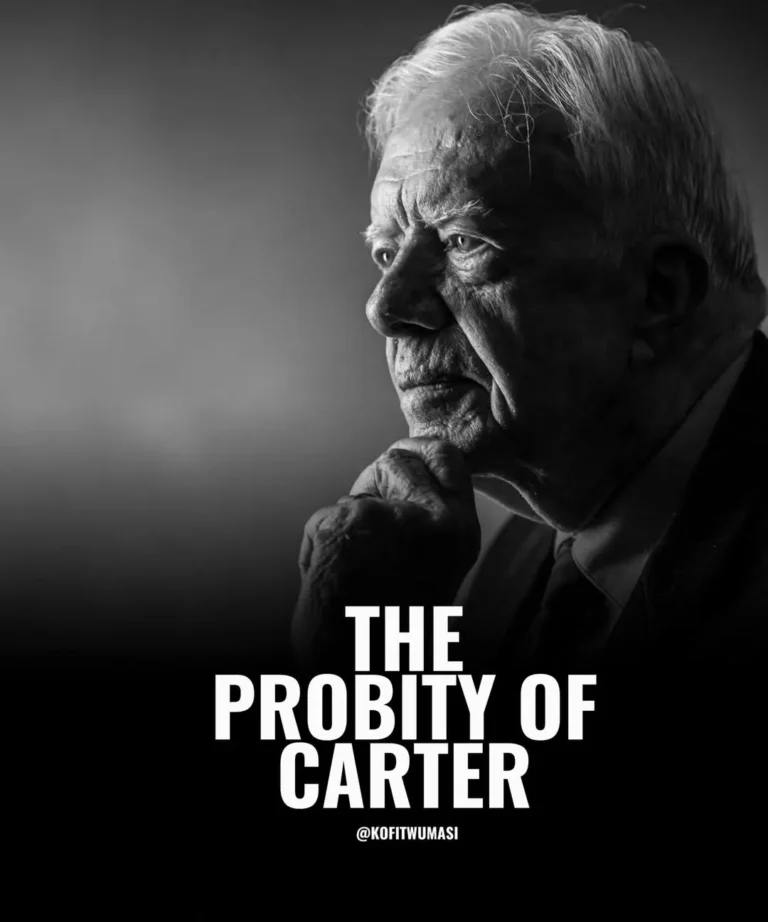Moral indecorum is exercised, when oligarchs, plutocrats, and patronizers of the like demonize and villainize remonstrators for operating within their bestowed First Amendment right to “petition the government for redress of grievances.”
When the geopolitical interests of a nation become a sacred cow in lieu of safeguarding the rights of the demos—a nation becomes defiant of the virtues of democracy.
The extended culprits—the heavily influenced Jewish media, are the agents of ill will, diluting the remonstrations of goodwill: The perpetuation of isolated incidents of civil disobedience (alleged aggressors) to tarnish the moral deeds exercised by the students, is a gross composition by the media.
The moral convictions impregnated in the students are a testament to the premiumness of vanguards nestled at our educational institutions; discerning students in this movement of civil disobedience, are cognizant that pedestalizing a degree is not a sacrosanct virtue, if one muzzles themselves from insulating the wretched and the disenfranchised.
Mayor Adams’ expressed sentiments about students being “radicalized” by agent provocateurs—necessitating military-like interventions—are a proclamation of false morality.
The moral conscience of the nation, being transmitted through the students, merits a commendation if humanness still resides in one’s moral arc.
For those who decry against these ardent acts of civil remonstration, let us not misremember that America’s revolution spawned from the deed of civil disobedience.









